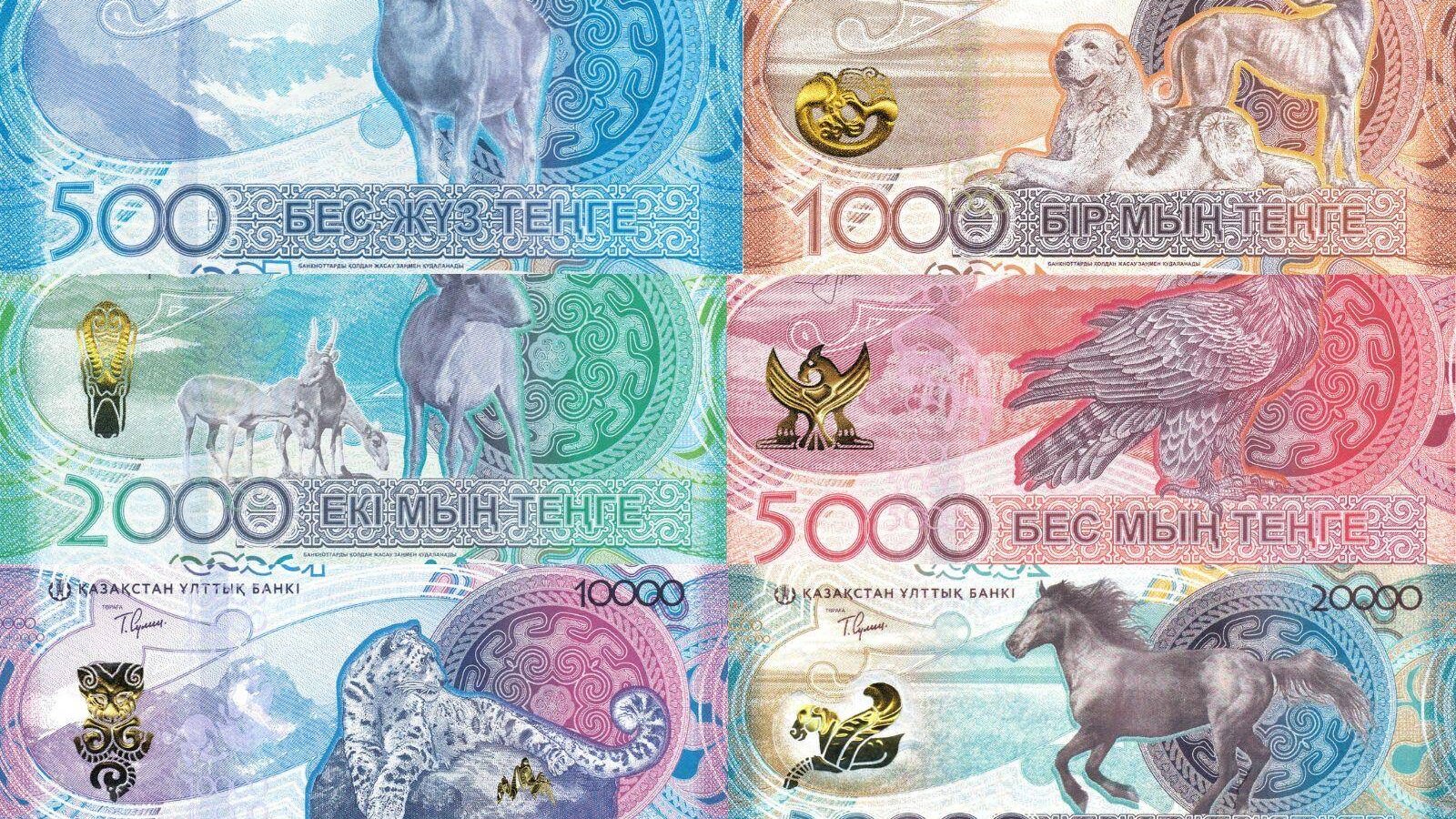Kazakhstan’s population reached a total of 20 million people on November 14, according to official sources.
Below, we collected some of the other key events of the last few weeks in the country.
Politics and International Relations
In a round of local elections on November 5, three small cities, Kurchatov, Priozersk, and Rudnyi, along with 42 other regional districts elected their governors for the first time since independence. The project, aimed to gradually improve democratic processes in the country, saw the incumbent governors, their deputies, and the heads of the local council win in 43 cases. Only two races were won by businessmen not previously in office.
Bolat Nazarbayev, businessman and brother of former President Nursultan Nazarbayev, died at 70 on November 13 of heart failure. Nazarbayev held, officially and through intermediaries, a number of assets, mainly in the trade sector. In 2022, the government had confiscated a large market, land plots, and several other assets that were said to be his.
Russian President Vladimir Putin flew to Kazakhstan to meet President Kassym-Jomart Tokayev on November 9. Besides bickering over each other’s patronymics (we wrote about it in our latest newsletter, sign up here), both presidents agreed that the partnership between the two countries is strong.
Industrial Accidents
An accident at the Kostenko coal mine on October 28 killed 46 workers, the single largest industrial tragedy since Kazakhstan’s independence. The mine, located in the Karaganda region, is operated by ArcelorMittal Temirtau. A few months ago, another accident claimed the lives of five workers in another of their mines. The government blamed the company for poor performance and safety standards. The ministry of industry also said a local investor came forward to buy out ArcelorMittal’s assets, which is poised to sell off its mines and factory by the end of November.
As a result of an industrial safety investigation on November 4, the Atyrau department of emergency situations blamed drilling and production companies at the Karaturun gas fields in the Mangistau region for poor planning and inadequate controls. An exploration well drilled by Zaman Energy, contracted by Buzachi Neft, caught on fire on June 9, causing a massive methane leak, visible through satellite imagery. Emergency workers are still trying to extinguish the fire and stop the leak.
Violence Against Women
Former minister of economy, Kuandyk Bishimbayev was accused of murder on November 10 and sent to pre-trial detention for two months. The previous day, at a restaurant, his wife had died allegedly after he beat her. The event sparked another round of discussion in Kazakhstan’s society about violence against women and prompted mixed responses. We wrote our own.
Court Cases
A military court in Almaty acquitted on November 15 the soldier who had been accused of the killing of four-year-old Aikorkem Meldekhan. Aikorkem was shot and killed on 7 January 2022 while in her father’s car in Almaty. That day, Tokayev said publicly he had given the order to shoot to kill without warning. She was the youngest of the 238 victims of Qandy Qantar (Kazakh for “Bloody January”, the violent repression of urban protests across the country). The prosecutor had asked for a seven-year sentence for “abuse of power”. Both the prosecutor’s office and the Meldekhan family lawyer said they would seek to appeal the decision.
At a court hearing in Astana on November 17, the prosecutor asked for a 10-year sentence for Marat Zhylanbayev, an activist, who is on trial for “financing an extremist organization”. Human Rights Watch previously published a statement calling for the release of 60-year-old Zhylanbayev, a leader of the unregistered Alga, Kazakhstan! opposition party. The accusation against him concerns two bank transfers to activists of the banned “Democratic Choice of Kazakhstan” movement.
Amin Yeleusinov, a trade union activist in the western region of Mangistau, was arrested for 15 days on November 7. He was accused of “planning to hold an unsanctioned rally”. Workers and trade unionists called for his immediate release and said his detention was unconstitutional.
On November 11, a court in Shymkent dismissed a case of slander against a journalist, who had been sued by the local deputy head of police. Marina Nizovkina, the journalist, published a video appeal to Tokayev, as she said she feared for her safety. ““I’m afraid to go home late from work in the evening, I’m afraid to drive my car,” she said.
In another case against the media, a court in Almaty imposed a 103,500 tenge (around $220) fine on the local service of Radio Free Europe/Radio Liberty (RFERL) on November 15 for “disseminating false information”. RFERL was sued by a Shymkent resident for having written that the Collective Security Treaty Organization (CSTO), a military alliance, was “led by Russia”.
Current Affairs
Kazakhstan will maintain the +7 country calling code it shares with Russia, the ministry of digitalization told Vlast on November 15. In 2021, the government had successfully reserved +997, but plans to implement the new code fell through. The ministry said that the switch was hindered by financial and technical issues.
On November 15, on the 30th anniversary since its first issue, Kazakhstan’s Central Bank unveiled a new series of tenge banknotes. Kazakhstan introduced the tenge in 1993 after an abrupt decision by Russia’s Central Bank dismantled the ruble zone, which had survived the fall of the Soviet Union in 1991.
The General Prosecutor’s Office said on November 13 it would use artificial intelligence to find and recover assets that had been illegally withdrawn. Since early 2022, the government has said it aims to repatriate assets that were offshored illegally. So far, it claims to have recovered more than $2 billion, but it has yet to disclose in full the details about the returned assets and its owners.
Note: This edition covers the three weeks between October 28 and November 17.
Поддержите журналистику, которой доверяют.








